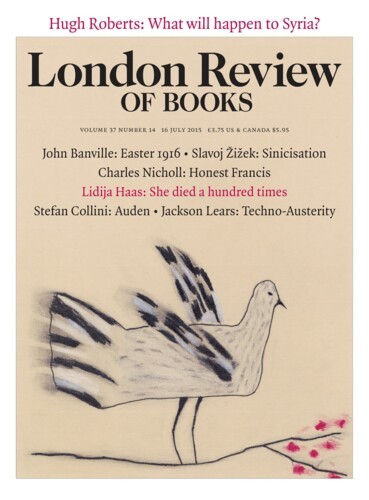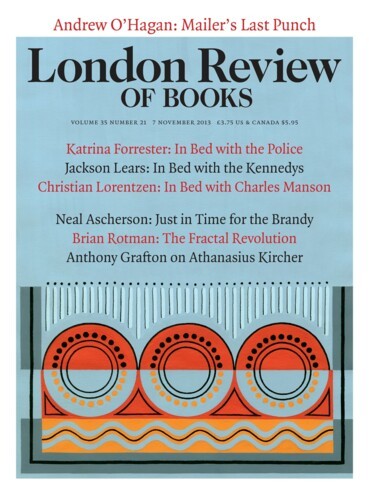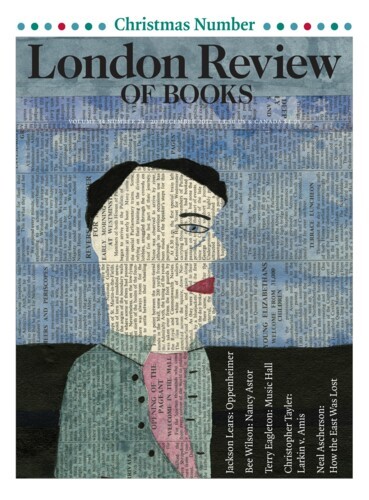Capitalism’s Capital: The Man Who Built New York
Jackson Lears, 17 March 2016
Robert Moses was a modernist pharaoh. Over the forty years from the early 1930s to the late 1960s, he became a virtual dictator of public works in all five boroughs of New York and much of its suburban surroundings. Almost singlehandedly, through chicanery, fraud and bullying, he created the modern infrastructure of the New York City area: expressways, tunnels and bridges, but also parks, beaches, swimming pools and high-rise housing projects.





